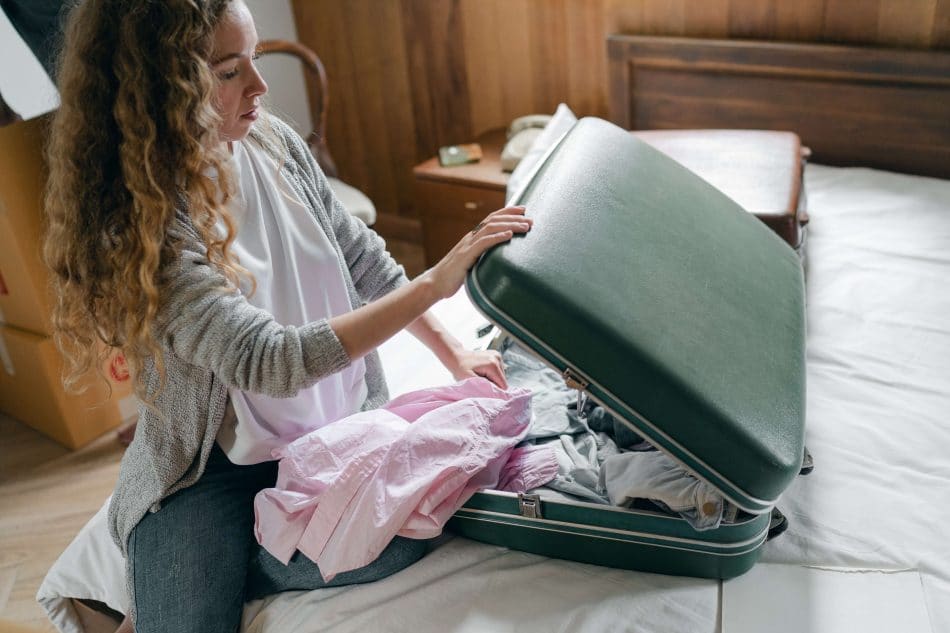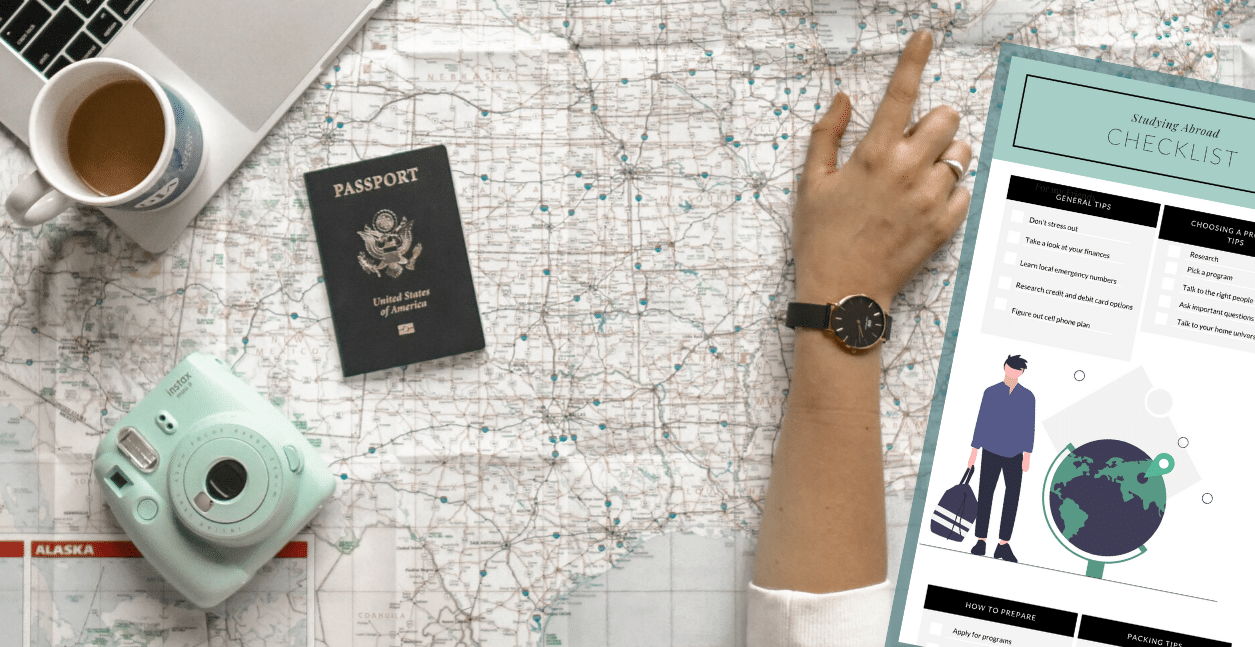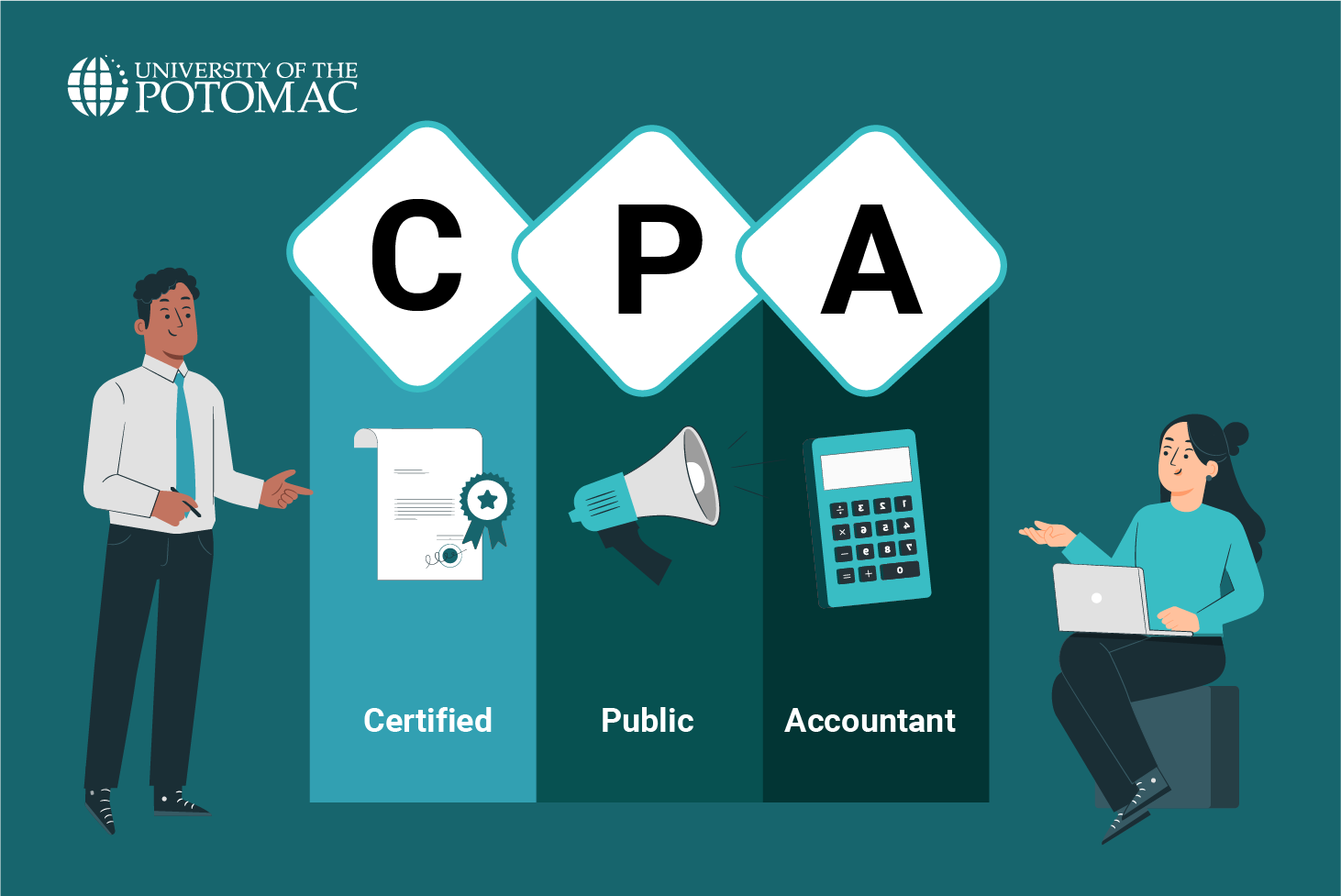Studying abroad is a process that includes a whole lot of planning and preparation. Sometimes this planning process starts months ahead of the trip. Even though you probably spend a considerable amount of time to prepare for your study abroad trip, the fear that you might forget something essential is present. To avoid these situations, read on to find out everything there is to know about studying abroad, from thinking about it, to choosing a program, to actually going to your destination country.
This is a guide you want to pin or bookmark, while also downloading the checklist.
Study Abroad: General Tips
Studying abroad can be one of the most fulfilling and rewarding experiences, both educationally and socially. However, some easily avoidable pitfalls can befall you if you’re not prepared properly. Here are some general study abroad tips to help you get things in order.
1. Don’t stress out
Two of the instincts that first kick in when facing something new are the fear and the stress. Those feelings are present even when planning to move out of the country to study abroad. You don’t have to worry about the trip months ahead but try to keep yourself focused on what you need to do that would create one of the best experiences you’ll have.
2. Take a look at your finances
Studying abroad as an international student can be one of the most fun experiences but also one of the most expensive too. Before you get determined to start preparing for the trip, you should make sure you have enough money to pay for the trip and your stay there. You should keep in mind that you’ll spend more money than you might initially expect. For this reason, it would be best for you to set aside some money so you won’t have to worry about being penniless in a foreign country.
3. Learn the local emergency numbers
Being in a foreign country where you don’t know anyone means that your chances of being in danger are a little higher. This is why you should consider memorizing the local emergency numbers. With those numbers learned, you will know who to contact in case of an emergency.
4. Research credit and debit card options
As a student, one should maximize the money they have when studying abroad—paying certain percentages to withdraw your money or paying with a card is not a great way to be economical. Due to this, it’s important to do some research before you leave your country to get information about the foreign country’s banking deals to use your money for little to no extra charges.
5. Figure out the cell phone plan
Depending on how long you’re staying out of the country, it’s probably worth obtaining a SIM-card. They’re way cheaper and convenient than using the roaming plan with your current cell company.
Study Abroad: How to Choose a Program

There is one crucial step you need to take when planning to study abroad. This crucial step is also the main reason you’re traveling abroad. That’s why you should dedicate plenty of time to the process of choosing a study program. Here are a few tips to make this process a little bit easier for you.
1. Research, research, research
We can’t stress enough how important it is for you to do as much research on the programs of your interest before you make a final decision. You can start by visiting the universities’ websites that offer these programs and then deepen your research by visiting websites that provide students’ reviews on different programs. You should check out each program and keep notes on what they offer to compare them afterward.
2. Pick a program
Finding a program that you like in a place you want to study is the first step to preparing to study abroad. You should look for programs that interest you, what you want to study, how long you want to stay, and where you want to go. Nowadays, you can also choose the option to , which only adds to the list of programs you can choose.’
3. Talk to the right people
While there are many resources for an international student to refer to, the best decision you can make when choosing where you want to study is to talk to those you trust. Including your school’s advisors, financial aid, people at the school you are planning to attend, your parents, and even alumni of the program.
4. Ask important questions
When talking to people that represent the program you’re planning to attend, you should try to ask them questions relevant to you. You can start by asking about the program’s cost, scholarship opportunities, what is included in the program, and any other thing you might want answers on.
5. Talk to your home university
Before you embark on your journey to study abroad, you should get familiar with your school’s policy. This is an important step because some universities might have a “status” study abroad, whereas some might require you to withdraw temporarily from the university you’re currently enrolled in. You should also find out whether your university will transfer the credits you’ll get from the program you’ve chosen to study abroad. Some universities might have a list of the programs they are willing to work with more than others. Therefore, you should consult with them on choosing the program they think will work best for you.
Study Abroad: How to Prepare
Preparing to study abroad is a process that should start months ahead of the trip itself. Here is the step-by-step guide for preparing to study abroad.
1. Apply for programs
Once you’ve considered all the options, you should choose the program that best fits your interest and academic goals. You should watch out for deadline applications as they can be way earlier than you think. The whole trip depends on this step. You shouldn’t start making other plans without first getting the news that you’re admitted. Only after you receive the good news can you start with your preparations.
2. Apply for scholarships
Studying abroad can be very costly. In addition to the tuition, you’re going to also pay for the housing, travel costs, insurance, and more. Many students seek financial aid from the university they’re planning to attend to cover these expenses. Just like with the programs, you should have an eye on the application deadline for the scholarships.
3. Start the visa application process
One of the most important steps in preparing to study abroad is to obtain a student visa. Since most of the countries have different visa requirements, you should check if your country of origin is on the list of the countries that need a visa to enter the host country. However, applying for the Visa starts after you have been accepted into the program. Then, after you submit your application to the embassy, they’ll inform you about other requirements they might have for international students.
4. Get student health insurance
There are several reasons why you should have health insurance when studying abroad. Accidents can happen, or you can get sick. Also, one other reason is that the Visa might require you to prove that you have purchased health insurance that will cover medical bills in the host country. Even if it isn’t a requirement to have medical insurance, it’s advisable to purchase it. An international student health plan can cover the expenses related to injury, illnesses, and prescription drugs.
Interested in pursuing a degree?
Fill out the form and get all admission information you need regarding your chosen program.
This will only take a moment.
Message Received!
Thank you for reaching out to us. We will review your message and get right back to you within 24 hours.
If there is an urgent matter and you need to speak to someone immediately you can call at the following phone number:
- We value your privacy.
5. Start looking for housing options
Students that want to study abroad can choose to live on-campus, off-campus, or with a host family. Each of them has its advantages, and it’s up to you to choose where you want to reside.
6. Schedule an appointment with your doctor
A physical exam might already be required for the Visa, but you should follow through with it even if it isn’t. A visit to the doctor before you leave is advised. Good health is one of the main factors for stress-free travel. Through this doctor’s appointment, you might obtain prescriptions for enough medication that can last for the rest of your staying abroad.
7. Book your flight
Assuming that you got accepted into your chosen university, got the Visa, and found a place to live, it’s now the turn to purchase your plane ticket. If you want to find available seats at an affordable price, you should book your flight months in advance. The longer you wait to buy it, the more expensive it gets, and the more money you’re going to spend.
8. Make copies of your travel documents
We advise you to make a few copies of your travel documents—Visa, passport, and other relevant documents. After you make these copies, you should put them separately in the luggage and the carry-on. In this way, you won’t have to worry about losing documents in case of stolen or lost bags.
9. Plan how you’ll go from the airport to your destination
If you don’t want to be lost on your first day in the new country, you should make a plan for getting from the airport to the place you’re going to be living in. Someone you know can come to get you, or you can use different means of transport like a taxi or a bus.
10. Download useful apps
Technology has had a profound impact on travel too. That’s why you should take advantage of these technologies when traveling by downloading relevant apps that could be of help during your stay. Here are some of the apps that can turn your stay abroad to run smoothly:
Google Maps
The Google Maps app will help you navigate the streets of the country you’re exploring.
The Whatsapp app will make your communication with your loved ones and fellow travelers easier.
TripAdvisor
The TripAdvisor app will help by giving you a list of restaurants and other activity ideas you might need help with.
Duolingo
The Duolingo app will help you by giving you tips on how to use the local language if you don’t already know it.
Study Abroad: How to Pack

Even though some may consider packing as one of the easiest steps to preparing for the trip, there are some factors you need to consider before you start filling your baggage. It all depends on the country you’re moving to. So you should research the climate of the country you’re going to. However, here are some clothes and appliances packing tips that might apply to almost all students.
Clothes
- Standard shirts, pants, dresses, skirts, and other go-to clothes
- Nightwear, underwear, and socks
- Comfortable shoes
- Jacket
Toiletries
- Travel-size shampoo, conditioner, and shower gel
- Toothbrush, toothpaste, and floss
- Cosmetics and lotions
- Sunscreen
Electronics
- Your mobile phone and the charger
- Your laptop, charger, and the laptop bag
- Portable power bank
- E-reader
Even though you can never be fully prepared for what expects you in the other country, we hope that our guide will help you to navigate through your studying abroad trip easily.
Study Abroad: Preparation Checklist
The whole idea behind checklists is to reduce the risks of making mistakes or forgetting something important. Knowing how overwhelming it might be to get ready to study abroad, we created a checklist to make the arrangement process easier for you. If you’re one of those people that like to check out every task they finish, then you can always download the checklist.


Best of luck on your new adventure!










